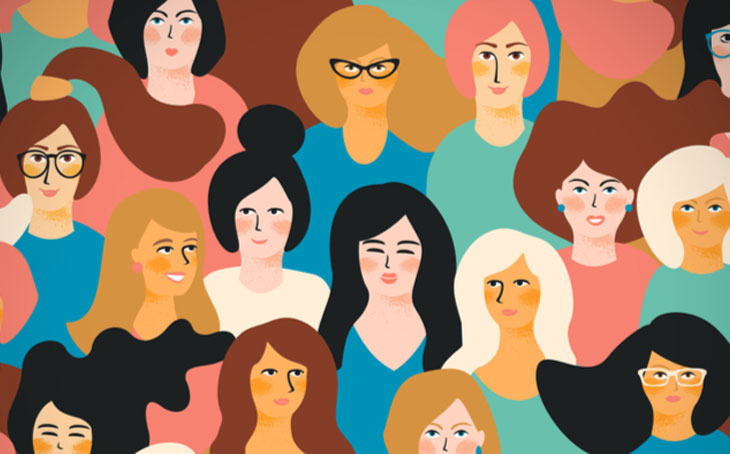
Advocating for human rights has always been risky but especially difficult for women. Yet, women played a key role in human rights law, raising their voices against inequality. Here is our list of 7 remarkable and important women in law across all ages and geographies who made a significant impact on human rights.

Sojourner Truth
The first important woman in law from our list is Sojourner Truth, the first black woman to sue a white man. In 1828, she filed a lawsuit to the NY Supreme Court to recover her son from slavery and won. In 1864, Abraham Lincoln invited Sojourner Truth to the White House, acknowledging her efforts against racism.

Susan B. Anthony
Susan B. Anthony is known as the founder of the National Woman Suffrage Association in the US, seeking to achieve women voting rights. In 1872 Susan was arrested for voting in the presidential elections, which was illegal for women at the time. She never gave up her efforts, which resulted in the 19th Amendment to the US Constitution, providing women the right to vote.

Gwyneth Bebb
Another key woman in human rights law, Gwyneth Bebb, has opened the legal profession to women in Great Britain. She was refused admission to the bar because the Solicitors Act 1843 did not include women as ‘persons’ according to official interpretation. The name of Gwyneth Bebb became synonymous with women’s struggle for equality in Great Britain, which led to the adoption of the Sex Disqualification (Removal) Act in 1919.

Samantha Power
Samantha Power is one of the most prominent human rights law women today, named the world’s 41st most powerful woman by Forbes in 2016. During her career, Samantha Power was a Chairman of the Atrocities Prevention Board and an Ambassador to the United Nations. A Harvard Law School graduate, Samantha focuses on women’s rights, refugees, sex minorities and other human rights issues.

Amal Clooney
Professor Amal Clooney is an Oxford graduate and one of the most important women in law of our time, defending the human rights of women, ethnic groups, and minorities. She is widely known for acting in a historic US trial representing victims of the ISIS genocide against Yazidis women.

Elizabeth Odio Benito
Elizabeth Odio Benito was the first woman to hold the position of the President in the Inter-American Court of Human Rights. She was a judge in the UN International Criminal Tribunal for Yugoslavia. Benito played a crucial role in establishing the case law that wartime rape is a war crime.

Fatou Bensouda
No list of important women in law would be complete without mentioning Fatou Bensouda. She started her career in a junior role in the International Criminal Tribunal for Rwanda and became the Chief Prosecutor of the International Criminal Court in 2017. In the same year, Times Magazine mentioned Fatou Bensouda among the 100 most influential people worldwide.
In Summary
Women have always been active in human rights law, fighting discrimination and injustice. The history of women’s struggle for equality includes many well-known figures beyond the reach of any list or article. So stay tuned to Rolling Legal blogs for more information about both important men and important women in law, legal technology and changes in the legal environment.
Related Posts
Legal Time Management and Time-Tracking:
Time management is a cross-cutting issue in all legal professional

Legal Practice 4.0: four strategies
If before the pandemic, using certain technologies was a differentiation

3 reasons to implement Agile
The Agile methodology began two decades ago and was traditionally
